13 min read
Slumber Zzzzone: Bad Sleep & Tips on How to Sleep Better
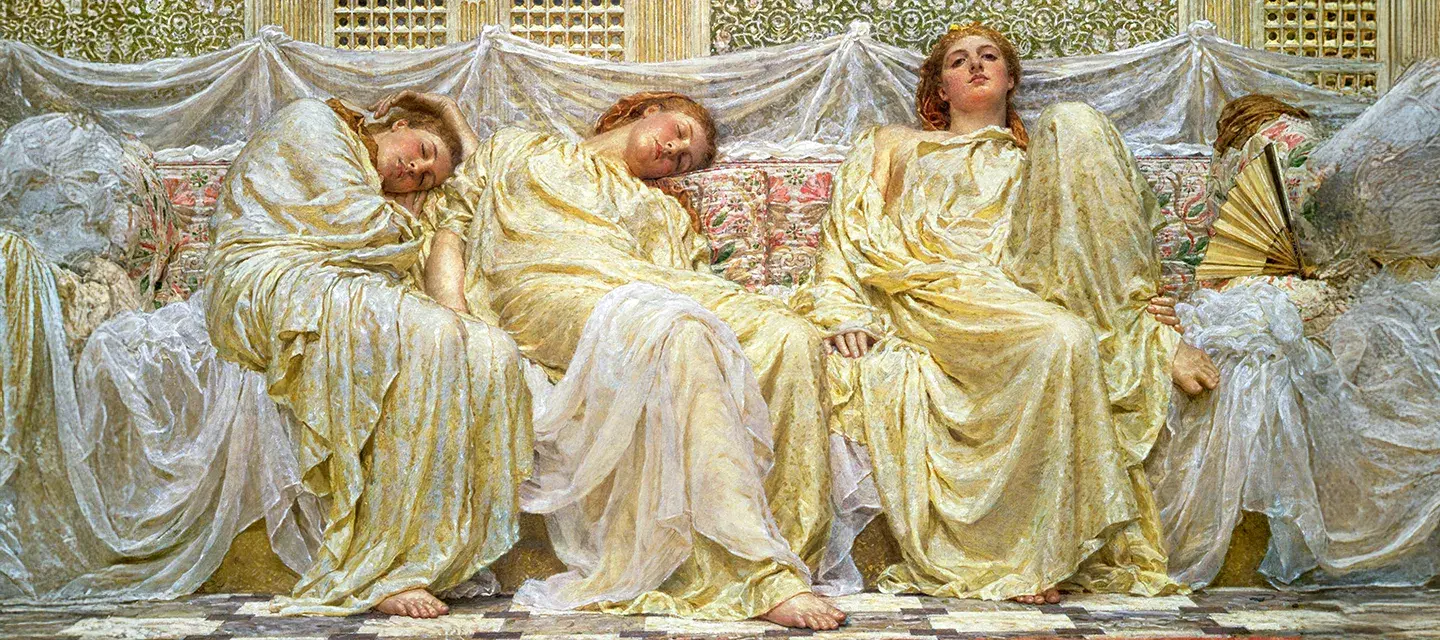
I remember profusely refusing to go to bed, not knowing anything about melatonin, pleading and bargaining for just 10 more minutes of wakefulness with all the might my tiny self could muster. There was just so much to do, see, and learn, so many games to play, infinite questions to ask, and personal experiments to conduct to sleep. I fought the slip into this daily unconscious necessity. It felt like I was being robbed, as if it wasn't fair to trade my time of learning about the world for being absent from it.
Now I’m all grown up (sort of, exploring is still alive and well), and gratefully welcome the break. The clouds part, accompanied by angel song, when I can get some extra zzzz’s, when alarm clocks don’t rudely disturb my soul as dawn cracks above the city. Now I believe that bad sleep (not enough of it or just poor quality) is the great fire under the bum of mankind. It is burning the candle from all imaginable sides and pushing our health and wellbeing down the hill of declining health. And in the grind culture, we’re so proud of it. With eye bags propped up by caffeine, we’ll brag about our 4 AM routine or 5 hours of sleep a night to all who will listen, as if it divinizes us by our dedication to building a life. All the while we're chipping away at our learning capabilities, memory, emotional balance, immunity, hormone balance, metabolism, and long-term health, and we'll leave that life sooner and sicker.
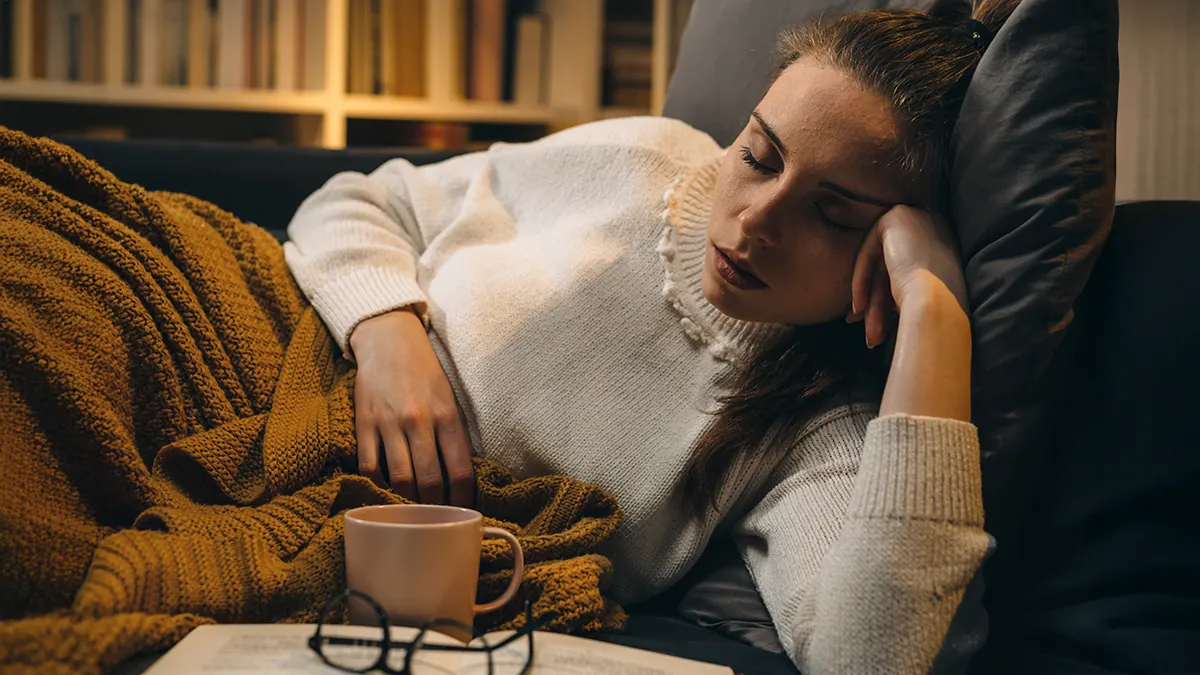
But I still wonder. Wouldn’t it just be a dream to keep going infinitely? How much more we could achieve if we didn’t need to sleep and replenish, and what a fine fantasy this is? The fact of biology is that sleep or some form of it is as old as life itself, and nature wouldn’t have made us vulnerable by this quasi-comatose state if it weren’t absolutely crucial. To be able to catch the dream you're chasing, you need to go into dreamland. Rest is universal to any system, and the process of wakefulness is inherently damaging and stressful, even on a chill day.
One bad night of sleep will already compromise your sanity and health, but you can recover easily. Chronic sleep deprivation may be more challenging to correct, but barring some exotic medical conditions or sleep disorders, it is most likely due to your lifestyle, choices, and evening hyperstimulations of the modern world. It's you, and that's good news, because you can change yourself. But first, let's understand sleep.
What is sleep?
In the words of a well-rested, 51-year-old Matthew Walker, we’ve been wrong about sleep. The youthful-looking British scientist and professor of neuroscience and psychology at Berkeley and author of “Why We Sleep?” claims that, contrary to the idea of an entirely passive state and an inactive brain, it seems that sleep is an active biological function where some areas of the brain are up to 30% more active than when awake. The brain doesn’t shut off in a sort of biological idling.
You may be immobilized and limp like a rag doll to an observer, but, on the inside, the body and brain are busy with:
- Restoration: Replenishing energy, cell repair, and immunity boosting.
- Learning & Memory: Deep sleep consolidates facts and skills, letting go of unnecessary information and clutter.
- Emotional Health: REM sleep acts basically as an inbuilt therapy, helping process stress and trauma. That’s why you sleep on difficult decisions. You’ll literally be smarter about it in the morning.
- Detoxification: Sleep clears debris and toxic proteins (like beta-amyloid linked to Alzheimer’s) from the brain.
The desire to sleep is driven by two main factors: our body's internal clock, the circadian rhythm that actually goes a bit longer than 24 hours, and the sleep pressure that increases the longer we’re awake. Sleep pressure rises due to adenosine (the waste product left after you’ve used the adenosine-triphosphate (ATP) cellular energy) building up on the receptors.
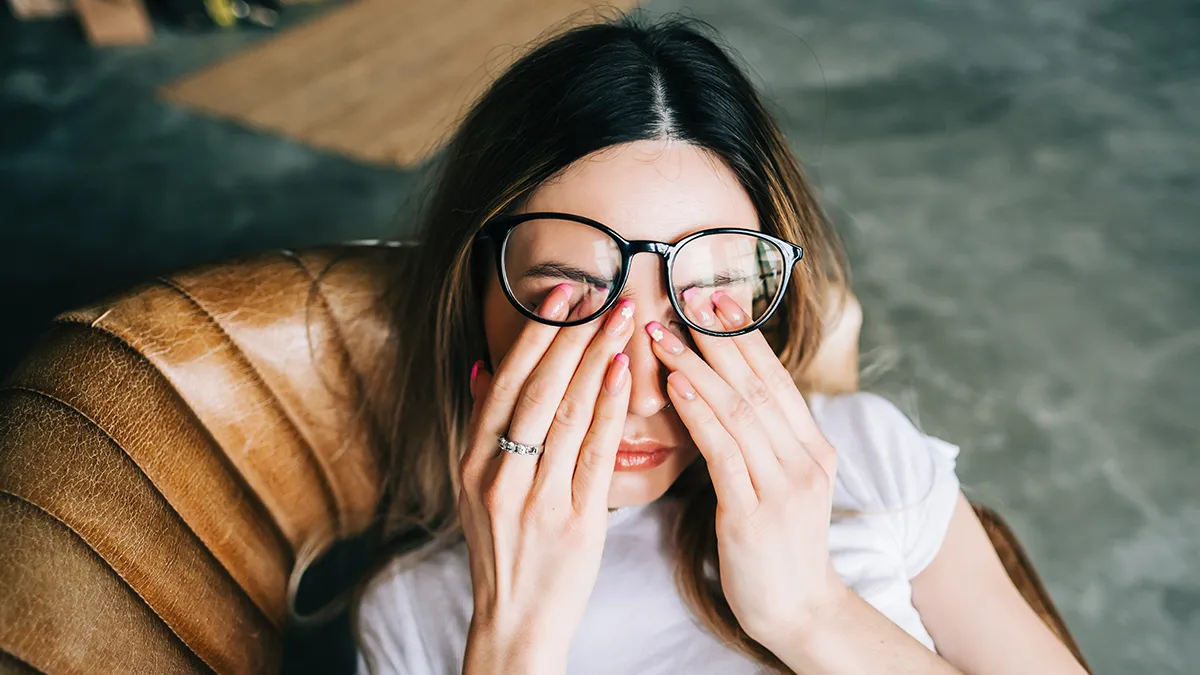
Humans show two distinct phases of sleep that are named by the rapid eye movements (REM sleep) or the lack of them (non-REM or NREM sleep). Non-REM (deep sleep) helps restore the body and consolidate memory. REM (dream sleep) is necessary to process emotions, boost creativity, and problem-solve. These two phases ebb and flow multiple times through the night and have a rhythm, and we need them both. Still, sleep needs will change throughout life. Babies need lots of REM sleep, teens shift to later sleep cycles, and older adults lose deep sleep, so what may work for you at a certain point in life may not work at another.
Sleep also differs wildly across the animal kingdom. Yes, we are animals too, and the only ones who disrespect their biology. And koalas, and bats, and giant armadillos, oh my! These are the top three sleepy heads clocking in from 18-22 hours a day. On the other side lie elephants, who sleep only 2-4 hours a day, and elephant seals, with an astounding single hour. We occupy a mid-range with an average of 7-9 hours.
Sleep Deprivation Risks
May he who hasn't pulled an all-nighter throw the first pillow. At times, life was too fun or too stressful to sleep, or we forgot about that midterm because parties. Be it no sleep, distorted sleep, hyper caffeinated shallow sleep, or tipsy pre-hangover sleep, and we know how the day after feels. Gravity of life just gets stronger until you crash and burn. Chores that took no time or effort on a rested day become inhumane, Herculean tasks only heroes are capable of. A simple conversation is draining, getting through emails (and understanding them) is exhausting, and your emotional regulation leaves something to be desired, which you realize once you can barely hold your tongue in a meeting and have cried in the car in the parking lot, and your skin looks horrible.
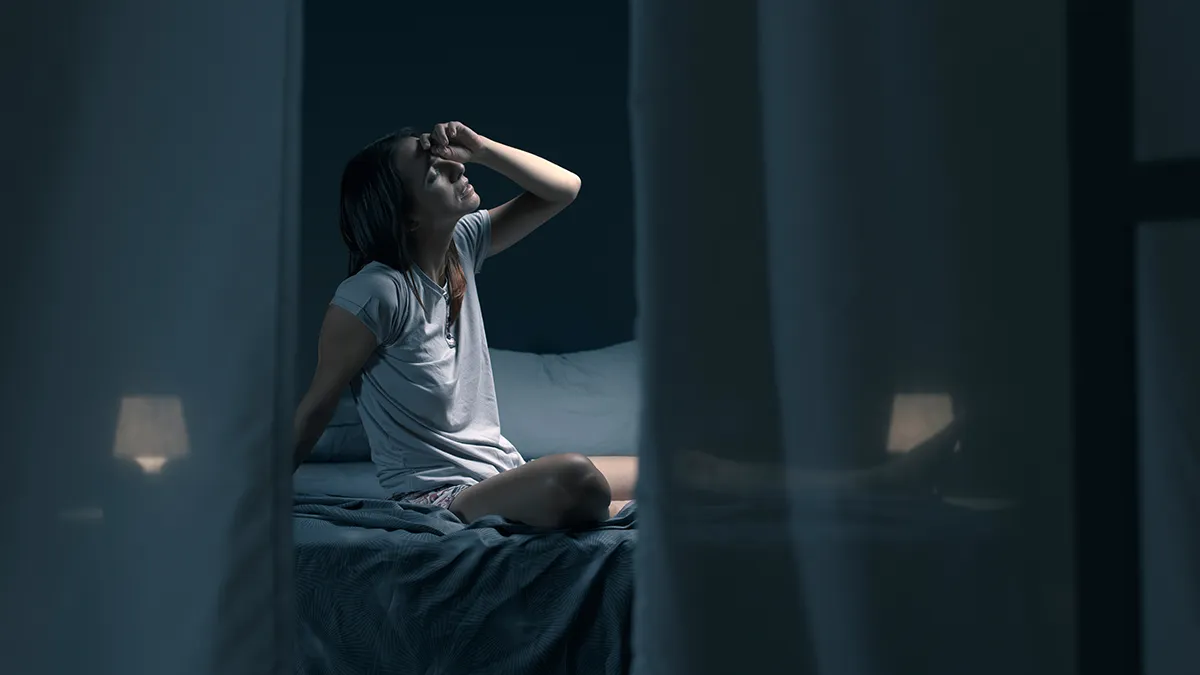
But health risks of sleep deprivation span much further than being slightly cognitively gummed up, sleepy, and a neurotic mess. Sleep deprivation leads to:
- Disease: Increased risk of heart disease, diabetes, obesity, stroke, and cancer.
- Mental deficits: Memory lapses, poor decision-making, mood instability, and if that wasn’t enough, you’re more likely to get depressed and anxious as a cherry on top.
- Safety: Drowsy driving is as dangerous as drunk driving. Operating any machinery at all while sleep deprived and with slowed down reflexes is not a good idea. Sleep-deprived athletes also get far more injuries.
- Immune system: Even one night of short sleep reduces natural killer cell activity by ~70%, and trust me, you seriously need these to be robust.
Compared to the past 12,000 generations of modern humans who lived their entire lives in sync with daylight and darkness, we all live in the city of lights – pumped up with legal stimulants (yes, caffeine is a drug) and taking pride in our pending sleepless burnout trajectory. So if you’re planning on working on some sleep hygiene (it is more important than a shower) keep in mind these few key factors:
- Light (especially blue light) disrupts melatonin release, which is responsible for triggering the process of sleepiness.
- Caffeine blocks adenosine and delays sleep pressure. So you’re still tired, but can’t feel it, and will be hit by a double dose of tired once the coffee wears off.
- Alcohol fragments sleep and suppresses REM. You may fall asleep more easily (or pass out), but this is not quality sleep. Your body can’t repair and recover as it first detoxes from the alcohol.
- Social and work pressures devalue sleep, making you feel FOMO or as if you were somehow left behind. But next time you choose work over sleep, remember you can’t get left behind on the treadmill.
Tips for better sleep
So our Ph.D., sleep ranger Walker, brings back common sense, and our grandmas would totally agree. He advises to:
- Stick to a sleep schedule and, yes, even weekends are no excuse.
- Remove sensory sensations that might wake you up, and remember that the brain needs to drop its temperature for sleep. Keep your bedroom cool, dark, and quiet. This is no place for TV, phones, or game consoles, although some games are allowed (wink).
- Avoid caffeine after noon and alcohol before bed, due to the numerous physiological reasons already mentioned above.
- Get morning sunlight and dim lights in the evening to help synchronize your internal clock with your natural rhythm. The body will do what it is supposed to do if you get out of its way.
- Avoid heavy meals and exercise right before bed. You’ll either be too busy digesting or all hyped up from a good workout, and will lose the map to lala land.
- If you can’t sleep, forcing it won’t help. You know it will only make you frustrated. Get up and do something relaxing like a warm (non-caffeinated) beverage, a bath, or a few pages of a book, then return to bed.
If you’re not sleeping well, there are a few additional lifestyle factors to consider.
MELATONIN SUPPLEMENTATION
If we ask Mr. Walker if melatonin is just hype or if it has some real benefits, he'd tell us that it is a sleep timing hormone. It will not induce sleep on its own but will help signal darkness to the body, making it ready for sleep. It is a useful tool for states of a distorted rhythm, such as jet lag.
SCREEN TIME
We live in the most technologically advanced era in the history of our species. This brings so many blessings and releases us from some dangerous labor, but nothing is quite black and white. We’re also digitally connected to an extensive information and knowledge base from around the world, and this is tempting. If you must use a computer to work, make a conscious decision to refrain from it in your free time and stay away from the screen at least an hour before bed. A light walk, a sleep skincare routine, reading a book, journaling, meditation, or simply tidying up in a dimly lit room can be a much better investment of your pre-bedtime hour.
TEA/CHOCOLATE
Just like coffee, some teas contain caffeine. Chocolate is also a stimulant and not advisable before bed. Dark chocolate has some great anti-inflammatory, mood-enhancing benefits to the body, so no need to give it up. It’s a timing thing (as most things in life are), so just get your chocolicious and caffeinated teas in before noon, early afternoon at the latest.
INTENSE TRAINING
No, this is not the excuse you’ve been looking for to skip the gym. Moving your body is one of the greatest contributors to longevity, vitality, and quality sleep. Training is one thing, but if you’re not a professional athlete, moderate workouts might be more beneficial than overexertion daily. To build and strengthen muscles, you also need to allow them time to recover. Hard-core workouts are stressful for the body, and a little bit is great (hormesis - the official name for what doesn’t kill you makes you stronger). Consider doing something lighter if you plan to exercise in the evening.
A POUNDING HEART
Have you been on a recent carb binge? Consuming too many refined carbs can deplete the body of potassium, which is essential for maintaining calmness. Loading the body with too many refined carbs and sugar will deplete potassium from the body. You may have also eaten a large, heavy, fatty meal right before bedtime, and your heart is pumping wildly to supply your stomach with more blood while constricting vessels in the rest of the body to keep the blood pressure. Additionally, it would be beneficial to reserve most of your fats for earlier meals to give the gallbladder a rest at night. If you’re feeling bloated and gassy, you may not be processing some cruciferous vegetables well due to SIBO (Small Intestine Bacterial Overgrowth).
LIGHT POLLUTION
All hail the blackout curtain, especially in an urban setting bathed in neon all through the night. In the olden days, you would have been lucky to have a fire going, would go to sleep a few hours after dusk, and would get no light pollution except an occasional extremely bright moonlight. Today, we know that the brain needs darkness for quality sleep. The source of light, even the size of a coin, will already interfere with melatonin production and disrupt sleep. Dim the lights as bedtime approaches and ideally use only lights that are not above head, as this will stimulate your brain into thinking it's earlier than it really is. Turn off all devices with glowing buttons when they are on standby in the room.
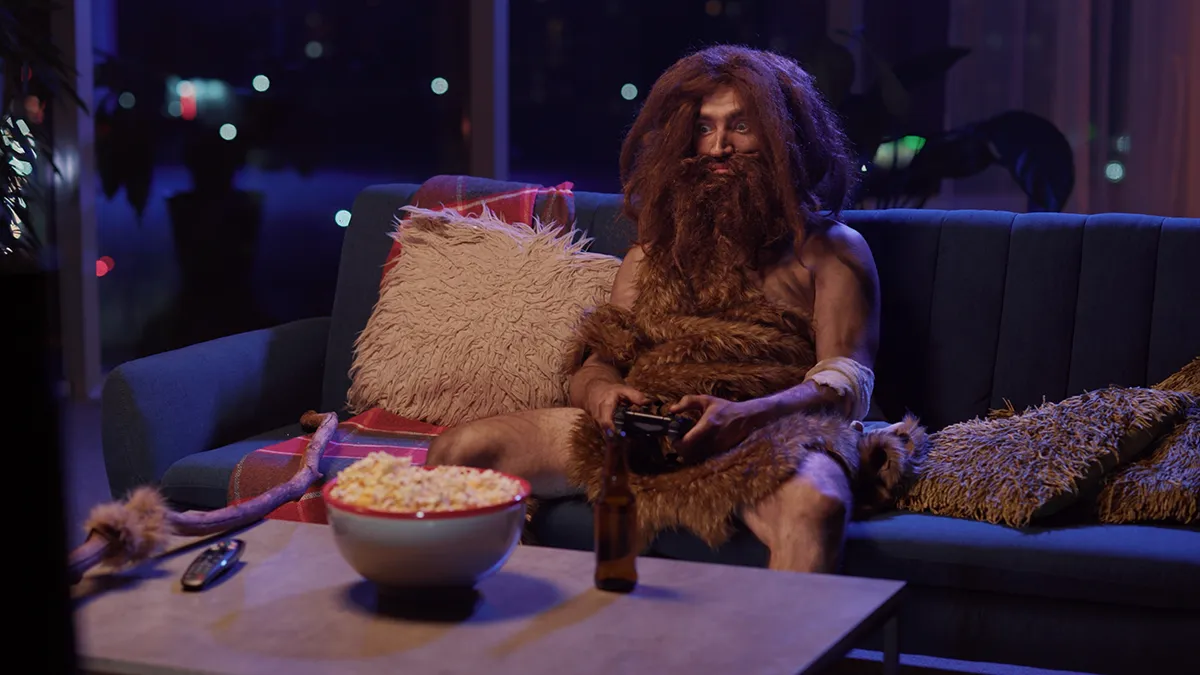
BREATHING
Have you noticed the difference in your berating when sipping tea on the balcony with your pussycat or when you’re in a chorepalooza, wondering how you’re going to get everything done? When we’re stressed, anxious, or worried, we switch to fast, shallow breathing, taking air into the top part of our lungs and exhaling more quickly than we inhale. If you’re having trouble falling asleep, your body may not know you want to rest now, as you took your problems to bed and are still breathing as if the weight of the world were on your shoulders. Breathe yourself to sleep by elongating your inhale and exhale for about 5 seconds each. It does wonders in switching your brain from fight-or-flight to rest and recovery.
10:30 PM
We keep going into insane hours, feeling the pressure to deliver even when the hands of the clock meet at midnight. If you’re not pure carbon, you won’t turn into a diamond under pressure. You’ll get squished into a joyless amorphous mass inside. 10.30 is a good time to say “Nope!” to the world. You’re done and deserve a rest. If you skip the 10:30-ish sleepy train and proceed to burn the midnight oil, the new train of natural sleepiness will come around 2 AM when the biochemical cycle repeats with greater sleep pressure. If you’re a night owl and have a chance to sleep in the next morning, no harm done. But most likely, the world demands that you get up with the chipper morning people; we have a problem, and Houston can’t fix it. Only you can.
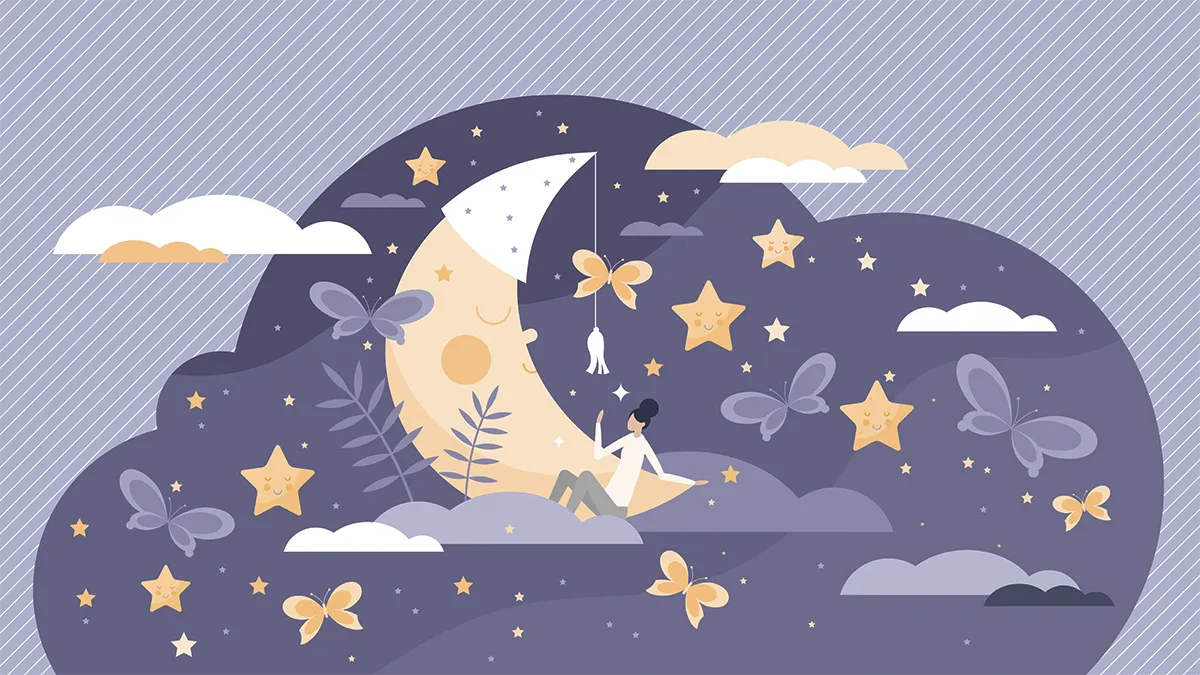
MIND CHATTER
We've all been there. We have a lot on our minds, perhaps more problems to solve than our brains currently have the capacity to handle. The best possible thing you can do at this moment is get a good night's rest to sharpen your faculties. But the overthinking opera begins as soon as you settle in. Perhaps you’ve ignored all these issues all day, and now they're flooding in; maybe you've truly taken on more than you can handle, or have a vitamin B12 deficiency (accompanying restless leg syndrome gives it away). Rather than opting for mega-dose pharmaceuticals, opt for quality nutritional yeast instead. It’s natural, packed with aminos and B-vitamins, and it tastes like cheese. Add it to a salad, popcorn, pasta, or make a cauliflower puree for a fake cheese dip. For the emotional part – check in with yourself during the day and don’t ignore problems. Fix what is fixable, so you can relax at night knowing you've done your best.
MUSCLE CRAMPS
You’ve counted all your sheep and are just about to cross the threshold into sleep, and your calf seizes up in a torturous, paralyzing pain. If you see a visibly distorted muscle, it’s a cramp and is mostly caused by a magnesium and potassium imbalance. This happens to people who’ve sweated a lot and haven’t replaced their electrolytes. If this happens often, consider adding sea salt to your body before sleep, or even taking a sip of pickle juice. It’s a surprisingly good natural remedy.
BLADDER ALERT
Bathroom trips in the middle of the night ruined so many restful nights. If you’re very thirsty and have to pee multiple times a night, you may want to get yourself checked for insulin resistance. A stepping stone on the path to diabetes. This metabolic disturbance results from chronic carbohydrate overexposure. Implementing some carbohydrate control, switching to complex carbs, and engaging in moderate intermittent fasting will help address this issue. Excess need to pee during the night can also be a result of hormones shifting in menopause for women or an enlarged prostate for men.
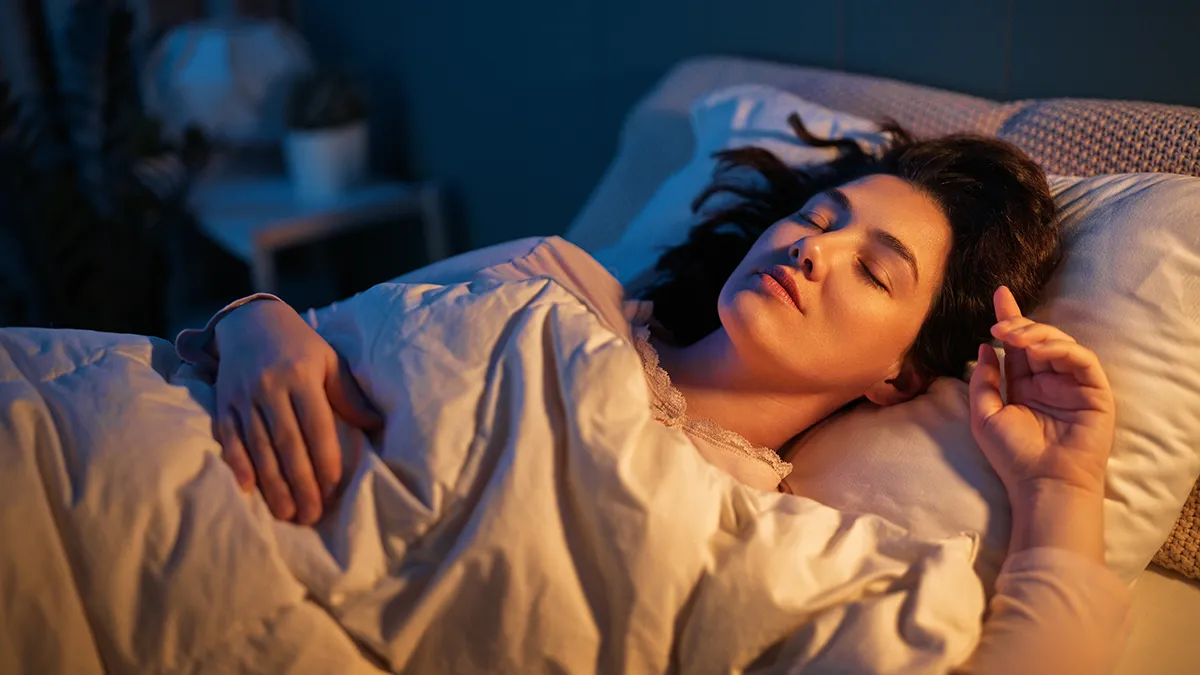
Conclusion
As the daylight fades, start revving down. What’s done is done. The world has no more access to private time with yourself or your family. It'll have to stand in line and wait until tomorrow morning as you take care of yourself. Sleep is not a luxury of the lazy or a weakness of the weak-willed—it’s the quiet architect of wellbeing, health, longevity, and sanity. The modern amenities may tempt us to glorify sleepless hustle, but biology is not impressed. There is no way you can out-caffeine, out-grind, or out-stubborn eons of evolution that wired us to rest, repair, and dream. You can, of course, try, but sleep (just as hunger) will always win. Always.
If you want to be the sharpest tack in the toolbox, have a steadier mood and fewer meltdowns, a stronger, vital body, and more years to enjoy it all, start with the simplest, most effective medicine built into all that lives: sleep. Protect it like your life depends on it—because it does. So, turn off the light, slip under the covers, hush the chatter, and let your body take over. Stay curious, stay beautiful, and good night and sweet dreams, dear friends!

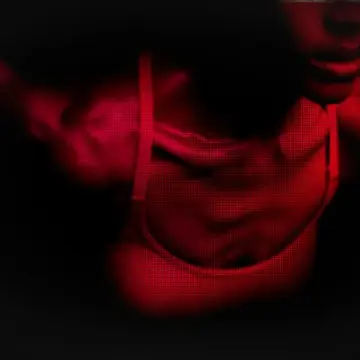






Leave a comment